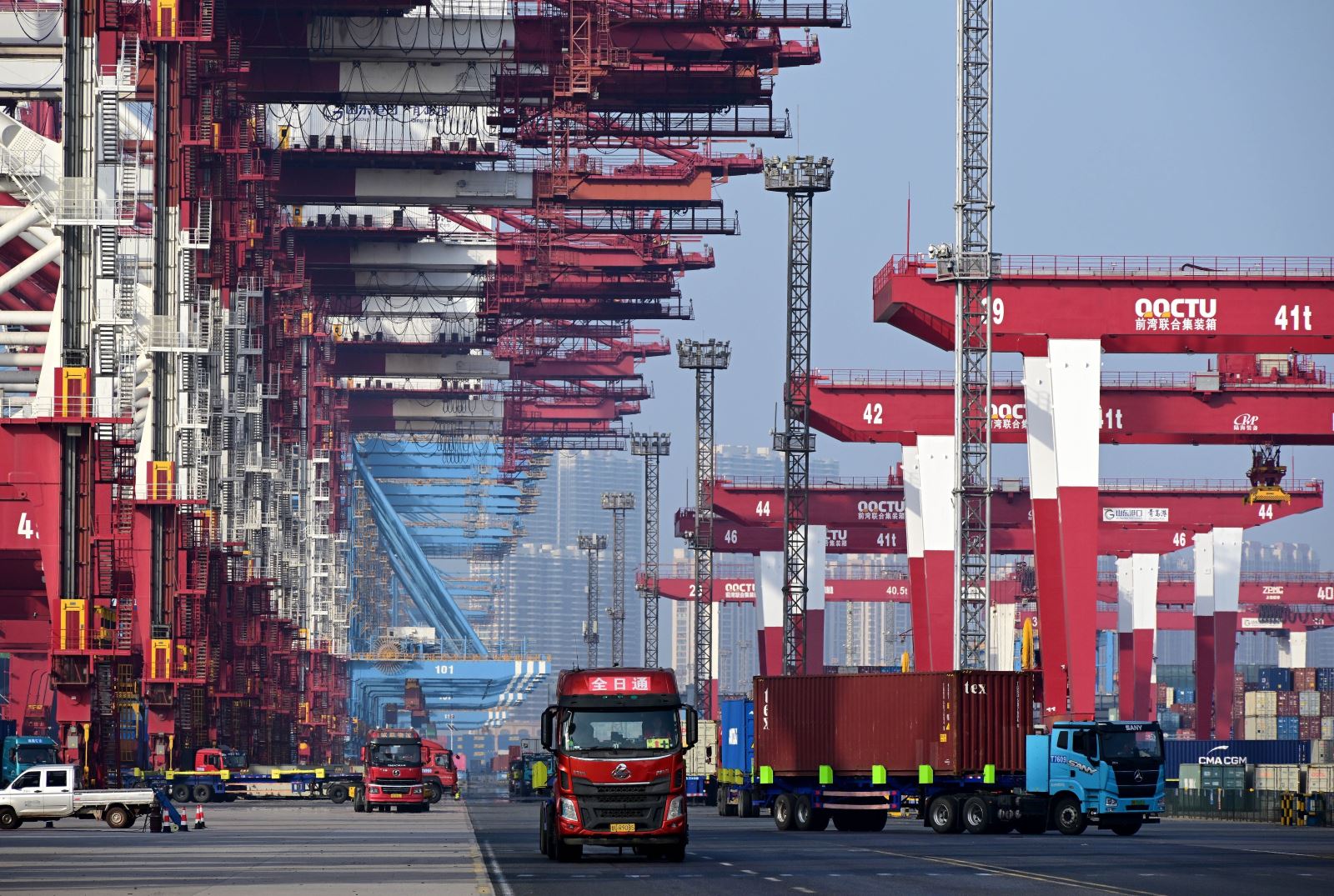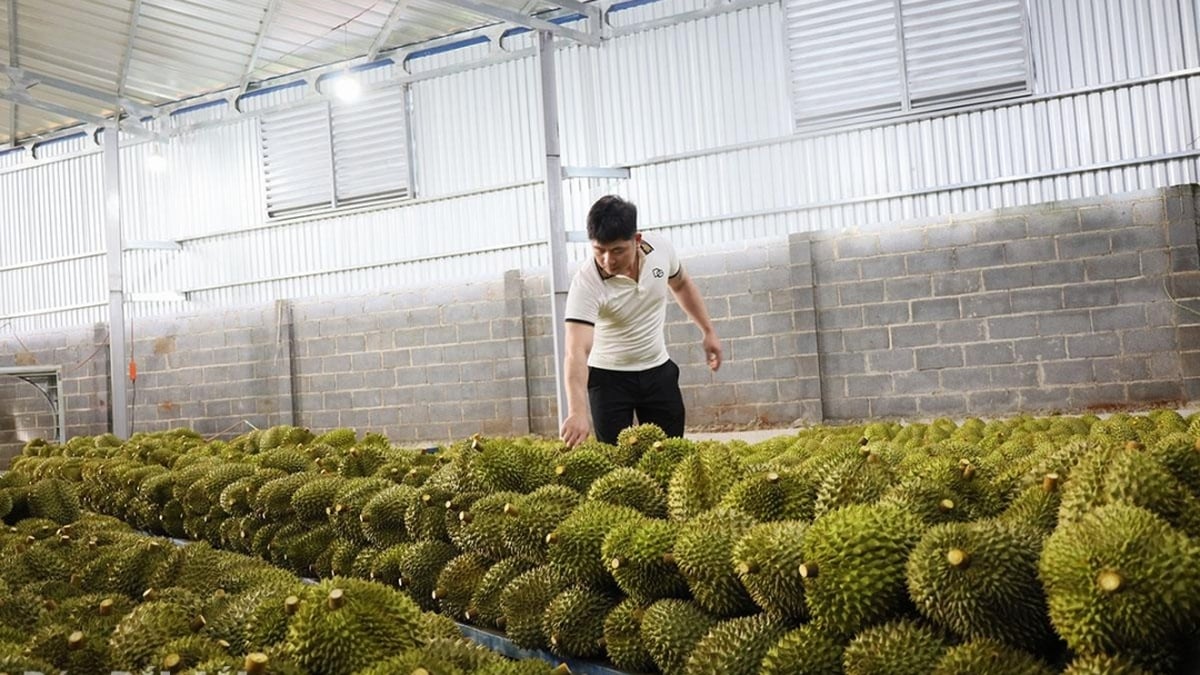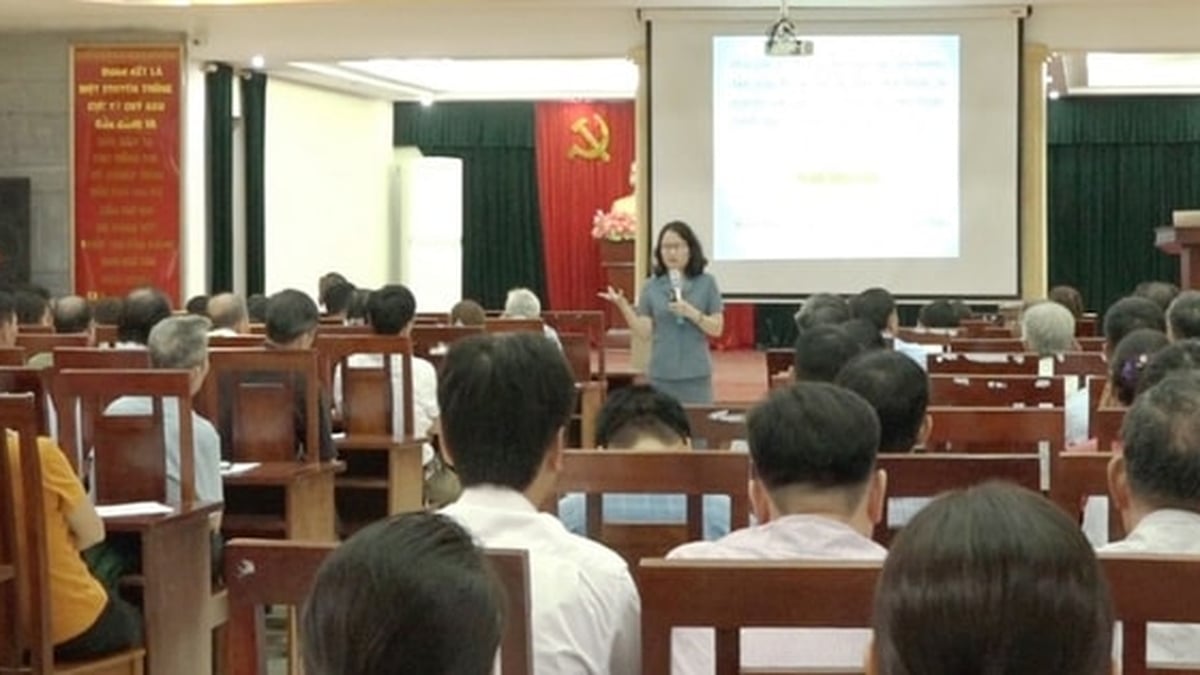
Commenting recently with Diplomat magazine, Chen Li, an economic researcher at ANBOUND, a Beijing-based research organization, said that the trade war between the US and China, which broke out in 2018, has exposed an undeniable truth: despite often emphasizing self-reliance, the world's two largest economies are still deeply dependent on each other.
The sudden disruption in trade has exposed significant weaknesses on both sides, forcing them back to the negotiating table and leading to tariff reductions at the recent meeting in Geneva.
Li noted that the trade war has become a decisive issue in the context of the global economy. Although China has always promoted self-reliance, the "stress test" of tariffs has shown otherwise.
The aerospace industry is a case in point. China’s domestically produced C919 aircraft still relies heavily on foreign suppliers, primarily the United States, for key components. An analysis by the Financial Times revealed that the LEAP-1C engine at the heart of the C919 is supplied by CFM International, a French-American joint venture, with components manufactured in Ohio.
The C919’s supply chain has 48 US suppliers compared to just 14 Chinese suppliers, providing essential systems such as avionics and flight controls from companies such as Honeywell and Collins Aerospace. This dependence means the US could cripple China’s ambitions to build a large commercial aircraft.
The chemical industry is no exception. China remains surprisingly reliant on US energy and chemical raw materials, especially ethane, a key ingredient in making plastics. Thanks to the US shale gas boom, American ethane is abundant and cheap, forcing many new Chinese ethane refineries to rely on imports from the US. With high tariffs, that supply is at risk in terms of cost and stability. Bloomberg reported that China recently granted tariff exemptions to two domestic plastics producers that rely heavily on US ethane, underscoring this dependence.
Without exemptions, tariffs of more than 100% would make operations unsustainable. Since 2019, China has been aggressively adjusting tariffs on feedstocks like ethane and propane to avoid harming its own industries.
In the health care sector, China also relies heavily on the United States for high-end pharmaceuticals and medical equipment, including advanced cancer treatments and biopharmaceuticals. To protect public health, China has exempted many U.S. medical products from retaliatory tariffs, demonstrating that China cannot replace critical U.S. medical supplies in the short term.
All of this shows that China’s dependence on key US products remains a major weakness, exposing the limitations of its previously independent R&D and domestic substitution efforts. Eliminating this dependence in the short term will be very difficult.
America also cannot lack "Made in China" goods.
On the U.S. side, finding alternatives to Chinese production, especially consumer goods, poses an urgent challenge. Chinese products are deeply embedded in the daily lives of Americans. Shortages or price increases in items like toys and household appliances could quickly spark a public backlash and affect political dynamics. The U.S. cannot afford to ignore disruptions in these essential goods.
Pharmaceuticals is another important sector, as China is the world’s leading supplier of active pharmaceutical ingredients (APIs), making the sector particularly vulnerable. In addition, to ease domestic pressure, the US has also temporarily exempted Chinese technology products from tariffs.
The recent tariff adjustments announced in Geneva reflect a pragmatic response to real-world constraints, not a sign of retreat. They show that, despite deep differences, the economic interdependence between the United States and China in key areas remains significant.
Thus, the trade war has not resulted in a clear winner; instead, it has highlighted a fundamental reality: complete decoupling is not feasible. Both countries have acknowledged that normal industrial and market operations cannot be sustained in a scenario of complete separation. Therefore, while tensions over tariffs may persist, resolving the issues ultimately requires a return to a framework that focuses on trade itself.
Source: https://doanhnghiepvn.vn/quoc-te/nghich-ly-cua-cuoc-chien-thuong-mai-my-trung/20250527061909190



































































































Comment (0)